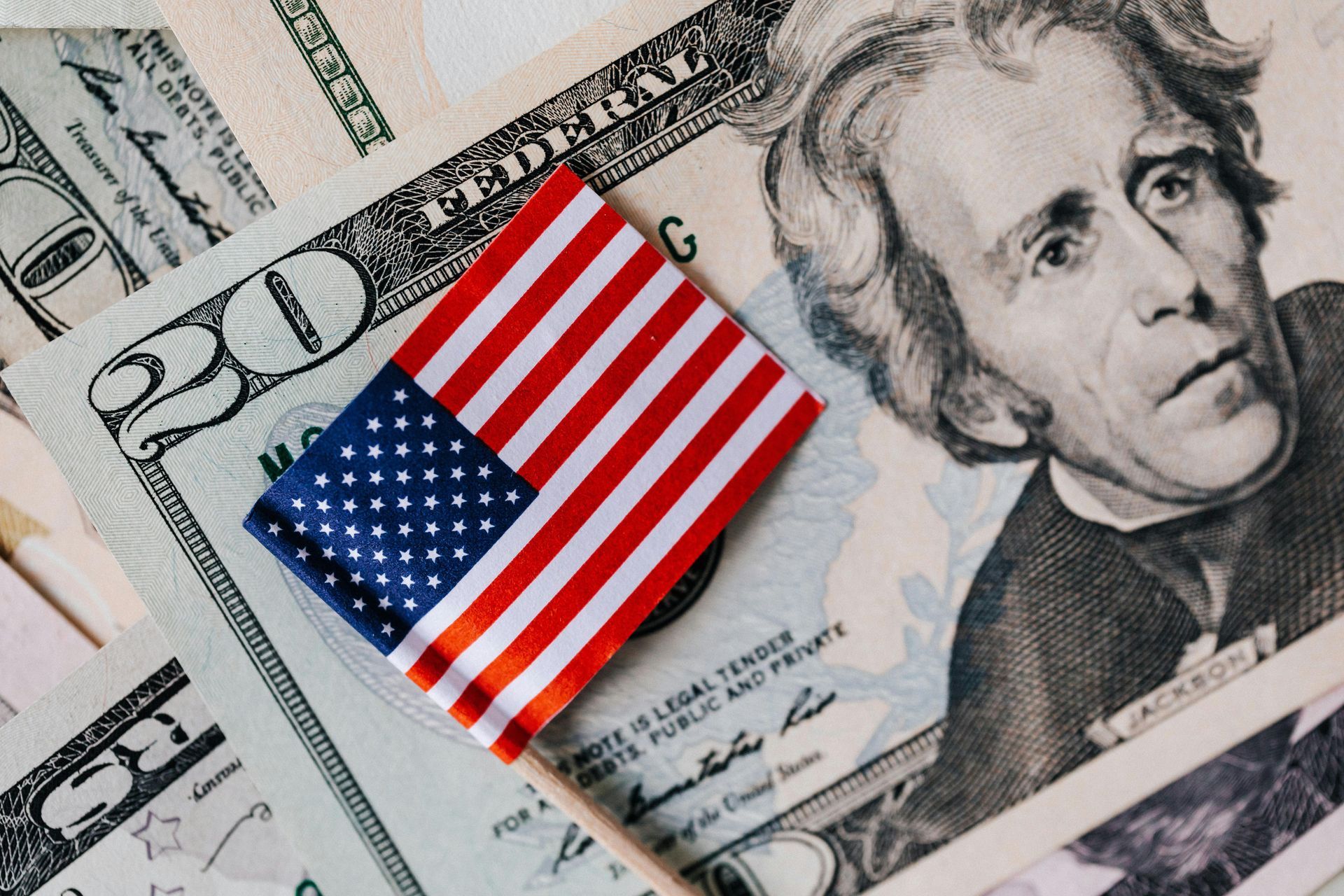LACKEY: CIVIL RIGHTS AND LEGAL FEES
LACKEY: CIVIL RIGHTS AND LEGAL FEES
In a 7--2 opinion in Lackey v. Stinnie authored by Chief Justice John Roberts and joined by his five fellow conservative justices and Elena Kagan (Justices Sonia Sotomayor and Ketanji Brown Jackson dissented), the Supreme Court found earlier this year that plaintiffs who win early rulings in civil rights cases won’t necessarily be able to recover their legal fees.
Most of the time, in an arrangement commonly known as “the American Rule,” each side pays its own legal costs in court. However, there has been an exception to this general rule for plaintiffs who win in civil rights cases. Before Lackey, people who prevailed as plaintiffs in those cases could get the losing side to pay their legal fees. This measure was intended to make it easier for people to bring civil rights claims in court.
The ruling is controversial, as both conservative and liberal groups have argued that this result could make it harder for people to protect their rights.
The case was brought before the Court by drivers in Virginia who sued the state after their licenses were suspended under a law they argued was unconstitutional. The drivers had an early win, securing a temporary order to stop enforcement of the law, but Virginia repealed the measure, thus ending the case before the judge reached a final determination.
After the Fourth Circuit found that Virginia should pay the drivers’ attorneys’ fees, the state petitioned to the Supreme Court, arguing that because the drivers had won only a preliminary injunction rather than a final court determination, it shouldn’t have to cover their legal fees.
Before the result in Lackey, advocacy groups ranging from the American Civil Liberties Union to the Second Amendment-supporting Firearms Policy Coalition had weighed in on the side of the drivers. They noted that many cases are disposed of at the preliminary injunction stage and fewer people may be willing —or able—to challenge the government in court if they might have to bear the burden of potentially hefty legal fees even if they prevail in early stages.
But the Supreme Court held that, since the outcome can change after a trial, plaintiffs must win on the merits and not only in preliminary rulings, in order to recoup their legal fees.
The Lackey ruling was a blow. But whatever changes come next, we’ll stay on top of them, and we’ll continue to stand ready to represent your interests.




